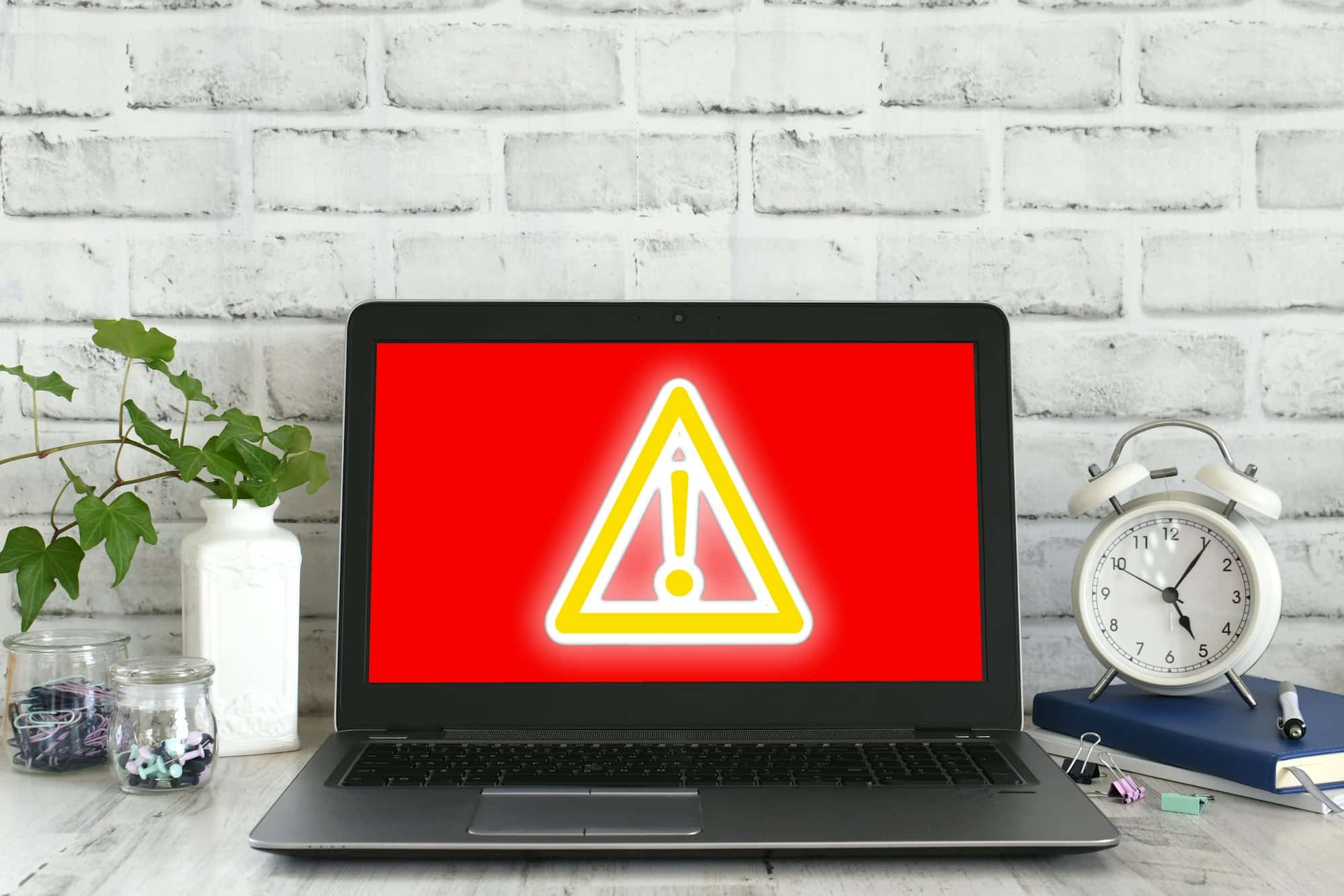Vacant properties can be a source of anxiety for owners in the UK, potentially inviting risks like vandalism or legal issues. Understanding the legal and financial implications of leaving a property unoccupied is essential to mitigate these threats. This guide presents effective strategies, from ensuring proper security measures to exploring insurance options. Arm yourself with knowledge to protect your investment and ensure peace of mind, regardless of your property's status. Discover how proactive steps can safeguard your vacant property and significantly reduce associated risks.
Understanding Legal Obligations for Vacant Properties
Navigating UK property laws can be daunting, especially when it comes to vacant property regulations. Homeowners and landlords must adhere to specific legal requirements to avoid potential pitfalls.
Cela peut vous intéresser : Can You Transfer Your No-Claims Discount When Changing Home Insurance Providers?
In the UK, the primary concern for vacant properties is ensuring they do not become a nuisance or hazard. This includes maintaining the property's exterior, preventing it from becoming derelict or a target for vandalism. Failure to comply with these vacant property regulations can lead to fines or legal action.
Homeowners and landlords are responsible for securing the property, which may involve installing locks, alarms, or even hiring security services. Additionally, they must ensure regular inspections to identify and address any issues promptly.
A lire aussi : Essential Steps to Correct Your UK Property”s Council Tax Classification
Consequences of non-compliance with legal obligations can be severe. Local councils may impose penalties, and insurance claims might be denied if the property is not adequately maintained. Understanding these responsibilities not only protects the property but also preserves its value.
It's crucial to stay informed about any changes in vacant property regulations to ensure compliance. Engaging with a legal expert can provide clarity and peace of mind, ensuring all legal requirements are met efficiently.
Best Practices for Property Maintenance
Maintaining a vacant property requires diligence and strategic planning. Regular property maintenance checks are essential to ensure the property remains in good condition and complies with legal obligations. These checks help identify potential issues early, preventing costly repairs and preserving the property's value.
Importance of Regular Maintenance Checks
Conducting safety inspections on a routine basis is crucial. These inspections should cover structural integrity, plumbing, electrical systems, and security features. Regular checks not only prevent deterioration but also ensure the property is safe and habitable.
Strategies for Securing a Vacant Property
Securing a vacant property is paramount to deter vandalism and theft. Effective property management strategies include installing robust locks, security cameras, and alarm systems. Additionally, hiring a security service for regular patrols can provide an extra layer of protection.
Tips for Managing Landscaping and Exterior Upkeep
A well-maintained exterior deters unwanted attention and enhances curb appeal. Regularly trimming hedges, mowing the lawn, and removing debris are essential tasks. Consider hiring a professional landscaping service to ensure the property's exterior remains tidy and attractive. These efforts contribute to the property's overall security and value, making it a worthwhile investment.
Insurance Options for Vacant Properties
When it comes to property insurance for vacant properties, understanding the available options is essential. Vacant property insurance is specifically designed to cover risks associated with unoccupied homes, offering a tailored solution that standard policies often lack.
Types of Insurance Available
Vacant property insurance provides protection against risks such as vandalism, theft, and weather damage. Unlike standard home insurance, which may not cover properties left empty for extended periods, vacant property insurance ensures comprehensive coverage. This specialized insurance can be crucial for safeguarding your investment.
Key Differences Between Standard and Specialized Coverage
Standard property insurance typically excludes coverage for homes left vacant beyond a specified duration, often 30 to 60 days. In contrast, vacant property insurance offers extended protection, addressing the unique risks associated with unoccupied homes. This includes coverage for incidents like trespassing or accidental damage that are more likely when a property is vacant.
Factors Influencing Insurance Costs and Requirements
Insurance costs for vacant properties can vary based on several factors, including location, property value, and security measures in place. Insurers may require additional precautions, such as installing security systems or conducting regular property checks, to reduce premiums. Understanding these factors can help property owners make informed decisions about their insurance needs.
Financial Implications of Leaving a Property Vacant
Leaving a property vacant can have significant financial risks. One of the primary concerns is the potential loss of property value over time. A property that remains unoccupied may not receive the necessary upkeep, leading to deterioration and a decrease in market value. This decline can be exacerbated by factors such as vandalism or neglect, which are more prevalent in vacant properties.
Costs associated with maintaining a vacant property can also be substantial. Regular maintenance, security measures, and insurance premiums are ongoing expenses that must be managed. These costs can quickly add up, impacting the overall financial health of the property owner.
To mitigate these losses, implementing effective cost management strategies is crucial. Property owners can explore options such as short-term rentals or leasing to generate income and offset expenses. Additionally, investing in regular maintenance and security can help preserve the property's value.
Engaging with financial advisors can provide tailored strategies to manage these financial implications effectively. By understanding and addressing the financial risks associated with vacant properties, owners can make informed decisions that protect their investment and maintain property value.
Expert Insights and Case Studies
Gaining insights from property management experts can significantly enhance your approach to handling vacant properties. Interviews with seasoned professionals reveal the importance of proactive management and strategic planning. One expert emphasised the value of regular property assessments, noting that these checks can preemptively address issues before they escalate.
Analysis of Successful Strategies
Successful landlords often employ real estate strategies that focus on maintaining property value and security. A notable strategy includes leveraging technology for remote monitoring, allowing landlords to oversee their properties without being physically present. This approach not only deters potential threats but also ensures timely maintenance.
Lessons Learned from Common Pitfalls
Learning from the mistakes of others is invaluable. Many landlords encounter pitfalls such as neglecting routine inspections or underestimating the importance of insurance. By understanding these common errors, property owners can implement measures to avoid similar challenges. Implementing robust security systems and maintaining comprehensive insurance coverage are crucial steps.
By integrating these expert insights and strategies, property owners can better manage their vacant properties, ensuring both their safety and value retention. Embracing these lessons will lead to more informed decision-making and a more secure investment.






